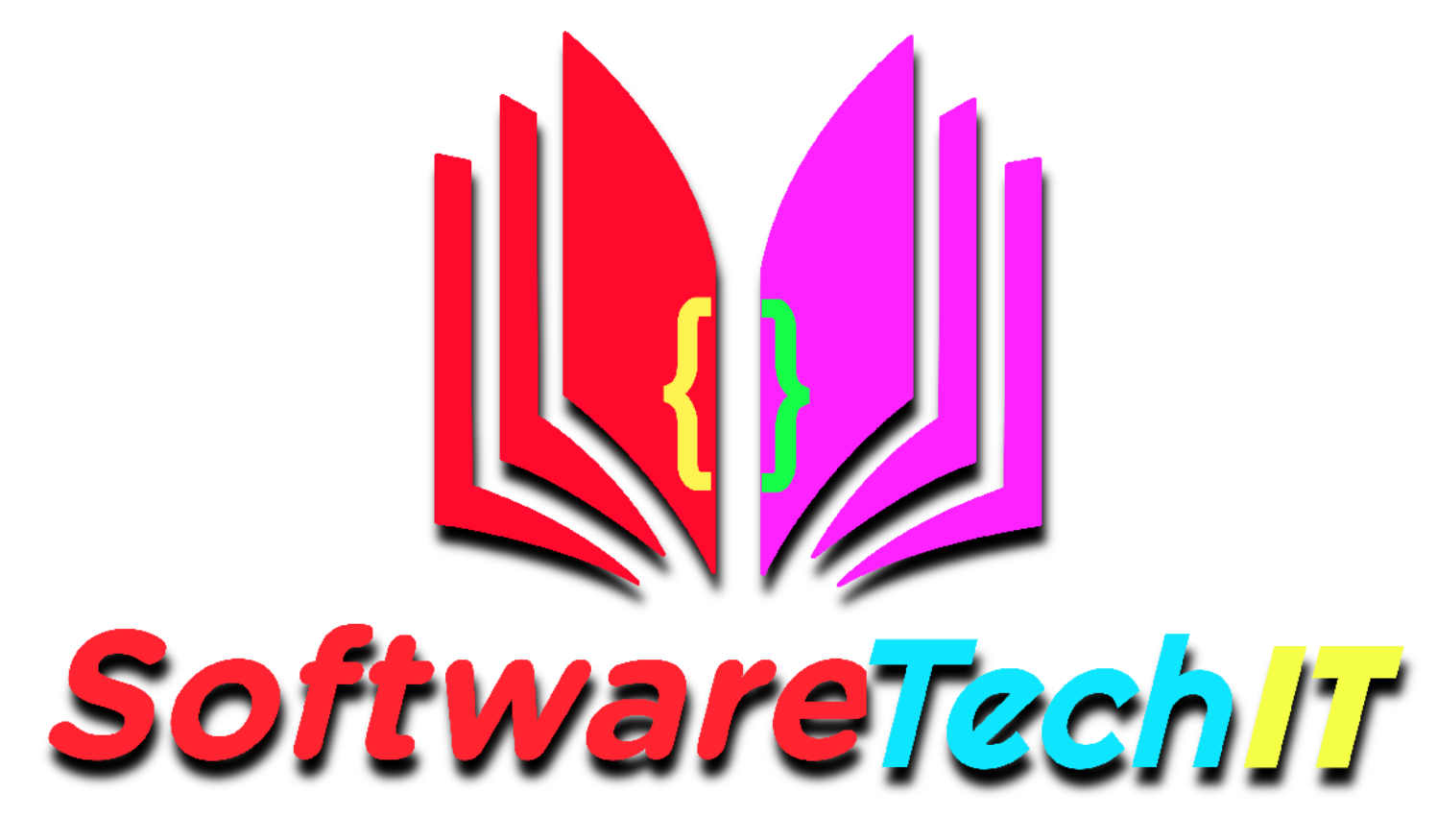home.softwaretechit.com
What Are the Best Alternatives to
AJAX? Exploring the Options
Staying
ahead of the curve is essential in the ever-evolving web development landscape.
One technology that has played a pivotal role in creating dynamic web
applications is AJAX (Asynchronous JavaScript and XML). However, as with any
technology, exploring alternatives is vital to ensure you’re making the best
choices for your projects. This article’ll delve into various alternatives to
AJAX, each offering unique advantages and use cases. Whether you’re a seasoned
developer or just starting in the field, this guide will help you expand your
toolkit and make informed decisions.
What Is AJAX?
Before we
dive into alternatives, let’s briefly understand what AJAX is. AJAX is a set of
web development techniques used to create asynchronous web applications. It
enables data to be exchanged between the client and server without requiring
the entire page to reload. This results in faster, more responsive web
experiences.
The Best Alternatives to AJAX
Fetch API: Streamlining Data Retrieval
The Fetch
API is a modern JavaScript interface that simplifies making network requests.
It provides a more straightforward and promise-based approach compared to AJAX.
With its native support for Promises, it offers improved error handling and
cleaner code structure.
WebSockets: Real-time Communication
WebSockets
provide bidirectional, real-time communication between the client and server.
This technology is ideal for applications that require instant updates, such as
online gaming, chat applications, or collaborative tools.
GraphQL: Efficient Data Fetching
GraphQL is a
query language for APIs that allows clients to request precisely the data they
need. Unlike traditional REST APIs, which often over-fetch data, GraphQL
enables efficient data fetching, reducing the payload and improving performance.
Server-Sent Events (SSE): Pushing Updates
SSE is a
straightforward and efficient way to push updates from the server to the
client. It’s particularly useful for applications that require real-time
notifications or live data feeds.
Axios: Simplified HTTP Requests
Axios is a
popular JavaScript library for making HTTP requests. It provides a clean and
easy-to-use interface for performing AJAX-like operations without the need for
low-level XMLHttpRequest manipulation.
RESTful APIs: Traditional Approach
While newer
technologies like GraphQL offer more flexibility, RESTful APIs remain a viable
and straightforward option for many applications. They follow a resource-based
architecture and are well-suited for CRUD (Create, Read, Update, Delete)
operations.
gRPC: High-Performance RPC Framework
gRPC is an
open-source RPC (Remote Procedure Call) framework that excels in
high-performance scenarios. It’s an excellent choice for building microservices
and applications that demand low-latency communication.
WebRTC: Peer-to-Peer Communication
WebRTC
empowers web applications with peer-to-peer communication capabilities. It’s
ideal for building video conferencing, file sharing, and other real-time
collaboration tools directly in the browser.
Ditching AJAX: When and Why?
While AJAX
has been a reliable technology for years, there are instances where exploring
alternatives makes sense. Here are some scenarios where you might consider
moving away from AJAX:
· Complex Data
Requirements: If your application frequently fetches complex data
structures, GraphQL can provide more granular control.
· Real-Time
Updates:
When your application requires real-time updates or chat functionality,
WebSockets or SSE might be more suitable.
· Performance
Optimization: If you’re aiming to optimize your application’s
performance, gRPC can offer superior speed and efficiency.
· Peer-to-Peer
Communication: For peer-to-peer applications, WebRTC is the go-to
choice.
· Simplicity: When
simplicity and ease of use are paramount, Fetch API or Axios can simplify your
codebase.
FAQs
Q: Are there any downsides to using AJAX?
A: While AJAX
is versatile, it may not be the best choice for applications requiring
real-time updates or complex data handling.
Q: Which alternative is the easiest for beginners to learn?
A: The Fetch
API and Axios are both beginner-friendly options due to their straightforward
syntax and excellent documentation.
Q: Does WebRTC work on all browsers?
A: WebRTC is
supported on most modern browsers, including Chrome, Firefox, and Safari.
However, it’s essential to check compatibility for your specific use case.
Q: Can I use multiple alternatives in a single project?
A: Yes, you
can combine different technologies based on your project’s requirements. For
example, you can use GraphQL for data fetching and WebSockets for real-time
updates.
Q: Is AJAX obsolete?
A: No, AJAX
is still widely used and remains a viable choice for many web development
scenarios. However, exploring alternatives can help you make more informed decisions.
Q: Which alternative is best for mobile app development?
A: For mobile
app development, consider using RESTful APIs or GraphQL, as they are
well-suited for integrating with mobile applications.
Conclusion
In the
dynamic world of web development, keeping up with the latest technologies and
alternatives is crucial. While AJAX has served as a cornerstone for
asynchronous web applications, exploring other options can lead to enhanced
performance, real-time capabilities, and simplified code. Whether you choose
the Fetch API, WebSockets, GraphQL, or another alternative, each has its unique
strengths. By understanding these alternatives, you’ll be better equipped to
tackle diverse projects and deliver exceptional web experiences to your users.




















0 Comments